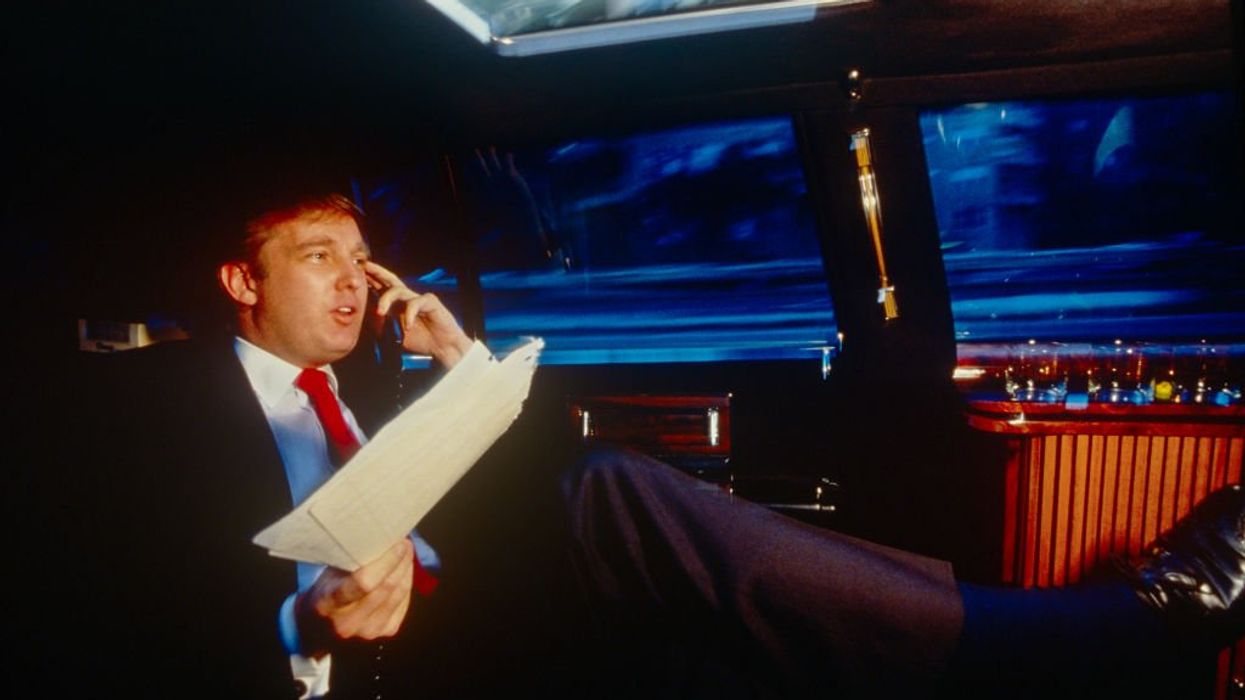In the fall of 2003, Marine Gen. James "Mad Dog" Mattis was preparing to deploy to Iraq. He received an email from someone asking about the importance of reading, or rather the argument that one might be "too busy" to read. He penned thoughtful response, and while the email made the rounds back then, it's now doing so again in this age of viral media.
In short, if you don't know history you're doomed to repeat it. And that puts your men at risk.
Message 1: from General James Mattis, on the matter of professional reading, 20 November
2003
….The problem with being too busy to read is that you learn by experience (or by your men’s
experience), i.e. the hard way. By reading, you learn through others’ experiences, generally a
better way to do business, especially in our line of work where the consequences of
incompetence are so final for young men.
Thanks to my reading, I have never been caught flat-footed by any situation, never at a loss for
how any problem has been addressed (successfully or unsuccessfully) before. It doesn’t give
me all the answers, but it lights what is often a dark path ahead.
With TF 58, I had w/ me Slim’s book, books about the Russian and British experiences in AFG,
and a couple others. Going into Iraq, “The Siege” (about the Brits’ defeat at Al Kut in WW I) was
req’d reading for field grade officers. I also had Slim’s book; reviewed T.E. Lawrence’s “Seven
Pillars of Wisdom”; a good book about the life of Gertrude Bell (the Brit archaeologist who
virtually founded the modern Iraq state in the aftermath of WW I and the fall of the Ottoman
empire); and “From Beirut to Jerusalem”. I also went deeply into Liddell Hart’s book on
Sherman, and Fuller’s book on Alexander the Great got a lot of my attention (although I never
imagined that my HQ would end up only 500 meters from where he lay in state in Babylon).
Ultimately, a real understanding of history means that we face NOTHING new under the sun.
For all the “4th Generation of War” intellectuals running around today saying that the nature of
war has fundamentally changed, the tactics are wholly new, etc, I must respectfully say… “Not
really”: Alex the Great would not be in the least bit perplexed by the enemy that we face right
now in Iraq, and our leaders going into this fight do their troops a disservice by not studying
(studying, vice just reading) the men who have gone before us.
We have been fighting on this planet for 5000 years and we should take advantage of their
experience. “Winging it” and filling body bags as we sort out what works reminds us of the
moral dictates and the cost of incompetence in our profession. As commanders and staff
officers, we are coaches and sentries for our units: how can we coach anything if we don’t
know a hell of a lot more than just the TTPs? What happens when you’re on a dynamic
battlefield and things are changing faster than higher HQ can stay abreast? Do you not
adapt because you cannot conceptualize faster than the enemy’s adaptation? (Darwin has
a pretty good theory about the outcome for those who cannot adapt to changing
circumstance — in the information age things can change rather abruptly and at warp
speed, especially the moral high ground which our regimented thinkers cede far too quickly
in our recent fights.) And how can you be a sentinel and not have your unit caught
flat-footed if you don’t know what the warning signs are — that your unit’s preps are not
sufficient for the specifics of a tasking that you have not anticipated?
Perhaps if you are in support functions waiting on the warfighters to spell out the specifics of
what you are to do, you can avoid the consequences of not reading. Those who must adapt to
overcoming an independent enemy’s will are not allowed that luxury.
This is not new to the USMC approach to warfighting — Going into Kuwait 12 years ago, I
read (and reread) Rommel’s Papers (remember “Kampstaffel”?), Montgomery’s book (“Eyes
Officers”…), “Grant Takes Command” (need for commanders to get along, “commanders’
relationships” being more important than “command relationships”), and some others. As a
result, the enemy has paid when I had the opportunity to go against them, and I believe that
many of my young guys lived because I didn’t waste their lives because I didn’t have the vision
in my mind of how to destroy the enemy at least cost to our guys and to the innocents on the
battlefields.
Hope this answers your question…. I will cc my ADC in the event he can add to this. He is the
only officer I know who has read more than I.
Semper Fi, Mattis

 Marine Gen. James Mattis, commander, U.S. Central Command, left, accompanied by Navy Adm. William McRaven, commander, U.S. Special Operations Command, testifies on Capitol Hill in Washington, Tuesday, March 5, 2013, before the Senate Armed Services committee hearing to review of the Defense Authorization Request for Fiscal Year 2014 and the Future Years Defense Program. Credit: AP
Marine Gen. James Mattis, commander, U.S. Central Command, left, accompanied by Navy Adm. William McRaven, commander, U.S. Special Operations Command, testifies on Capitol Hill in Washington, Tuesday, March 5, 2013, before the Senate Armed Services committee hearing to review of the Defense Authorization Request for Fiscal Year 2014 and the Future Years Defense Program. Credit: AP


